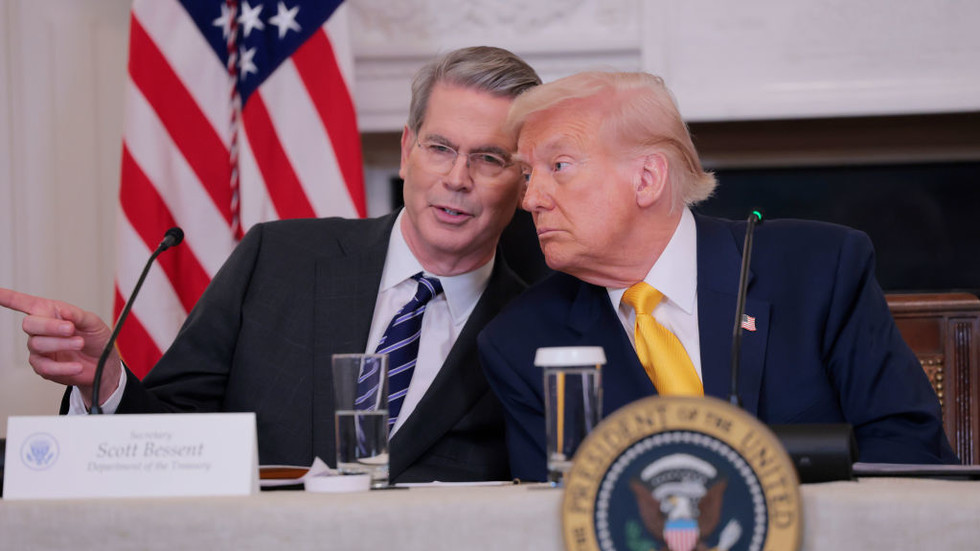US Tariffs Exclude Russia Amid Ongoing Sanctions and Trade Dynamics

In a recent statement, US Treasury Secretary Scott Bessent remarked that the existing sanctions imposed on Russia have significantly curtailed trade relations between the United States and Moscow. This assertion came in light of President Donald Trump’s announcement of new import tariffs, which notably do not include Russia among the targeted nations.
During an interview with Fox News on Wednesday, Bessent clarified that Russia, along with Belarus, Cuba, and North Korea, was exempt from the newly introduced tariffs due to the already minimal trade activity with these countries. He emphasized that the existing sanctions have effectively fulfilled the role that further tariffs would have played, stating, "the sanctions are already doing the work that tariffs would." This highlights the profound impact that US sanctions have had on Russia's economy and trade interactions.
On Tuesday, President Trump outlined the new tariffs, which range from 10% to an astonishing 50% on imported goods from various countries. Among the most affected are China, facing a 34% tariff, the European Union with a 20% tariff, and Japan, which will see a 24% tariff on its imports. Trump described this strategic move as an effort to bolster American industry while addressing what he termed “grossly unfair trade imbalances” that have plagued the US economy for years.
The decision to exclude Russia from these tariffs sparked considerable media interest, particularly given the ongoing conflict in Ukraine and the robust sanctions policy the US has maintained against Russia. Administration officials have defended the exclusion, arguing that the sanctions implemented since 2022 have already diminished trade volumes to such an extent that introducing additional tariffs would yield little to no impact.
Recent data from the US government reveals that American imports from Russia plummeted to around $3 billion in 2024, representing a staggering 34.2% decrease from the previous year. In stark contrast, the US imported a whopping $427 billion in goods from China during the same timeframe, underlining the limited scope of trade between the US and Russia.
The Kremlin has consistently condemned Western sanctions as illegal and ineffective, claiming that these restrictions have not succeeded in destabilizing the Russian economy or isolating it from the global financial landscape. In response to the escalating sanctions imposed since 2022, Russia has pivoted its trade focus towards Asia and nations in the Global South, particularly strengthening economic ties with China and India.
According to reports from Russia’s state statistics agency, Rosstat, the country experienced a GDP growth rate of 3.6% in 2023, following a 4.1% growth in the previous year. By the end of 2024, nominal GDP reached a record high of 200 trillion rubles (equivalent to over $2 trillion), signifying a resilient economy despite external pressures.
Looking ahead, Russia’s Ministry of Economic Development has projected a GDP growth rate of 2.5% for the current year, while the Bank of Russia offers a more conservative estimate, predicting growth between 0.5% and 1.5%.
Interestingly, the transition period from the Trump administration to the Biden administration has seen a slight thaw in US-Russia diplomatic relations. Recently, Kirill Dmitriev, a special economic envoy for Russian President Vladimir Putin and head of Russia’s sovereign wealth fund, visited Washington for private discussions with US administration officials and business leaders. This visit marks the highest-level engagement from Russia since the onset of the conflict in Ukraine, signaling potential openings for dialogue amid strained relations.
















